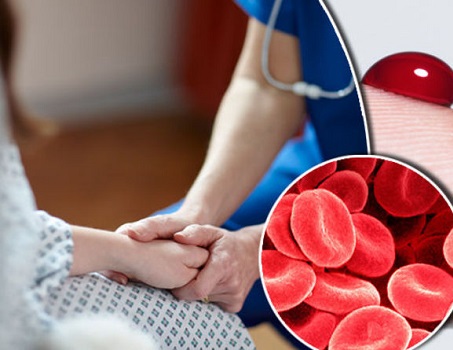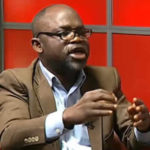A Haematologist Consultant with National Hospital Abuja, Dr Christiana Udoh, has called for more government support toward diagnosis and treatment of haemophilia.
Haemophilia is a rare medical condition in which the ability of the blood clot is severely reduced, causing the sufferer to bleed excessively from even a minor injury.
Udoh, who is also the Director, North Central, Hemophilia Treatment Centre, told News Agency of Nigeria (NAN) on Monday in Abuja that government support would address the plight of people with the disease.
She said that government support would also proffer the best treatment and management and reduce the cost of treatment for patients.
ALSO READ: We remain committed to safety of lives, property in Osun, says OPCI boss
She decried the poor response of the government in addressing the disease, adding that this had compelled the Hemophilia Foundation of Nigeria to reach out to other countries through the World Federation of Hemophilia for assistance.
She added that diagnosis and treatment for the disease were expensive and inaccessible to poor people in rural areas, which could lead to deaths due to excessive bleeding.
She explained that “during treatment, a patient might require about 10 injections and one injection is between N100,000 and N200,000, which is getting to N1 million.
“So, we want to call on the government to consider offering assistance to haemophilia patients. It is a rare disease that is killing people because many are living with the ailment and are ignorant of what to do and where to get help.”
Udoh said that haemophilia was categorised into mild, moderate and severe type, and the common symptoms include; excessive post circumcision bleeding, excessive bleeding from cuts or injury.
Other symptoms are pain or swellings in the joints, blood in stool and urine, heavy or prolonged periods and internal bleeding.
She, therefore, stressed the need for sufferers to seek assistance from haematologists for accurate diagnosis and subsequent treatment.
She advised parents who have children suffering from the disease to monitor and limit their exposure to strenuous exercise.
Udoh said parents should notify school authority to curtail anything that might expose such children to injury.
WATCH TOP VIDEOS FROM NIGERIAN TRIBUNE TV
- Let’s Talk About SELF-AWARENESS
- Is Your Confidence Mistaken for Pride? Let’s talk about it
- Is Etiquette About Perfection…Or Just Not Being Rude?
- Top Psychologist Reveal 3 Signs You’re Struggling With Imposter Syndrome
- Do You Pick Up Work-Related Calls at Midnight or Never? Let’s Talk About Boundaries






